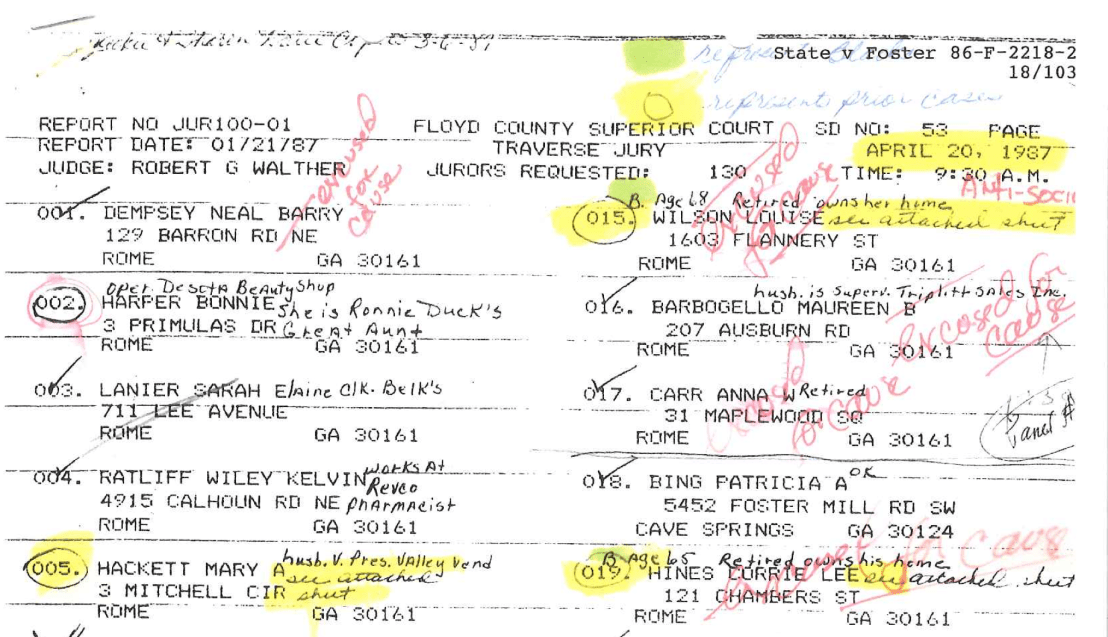By James Kwak
As banking scandals go, Wells Fargo opening millions of new accounts for existing customers so that it could pump up its cross-selling metrics for investors is about as clear-cut as it gets. It’s up there with HSBC telling its employees how to get around U.S. regulations in order to launder money for drug cartels, or traders and treasury officials at several banks conspiring to fix LIBOR.
Holding Wells responsible, however, was a bit trickier. The bank agreed to restitution (i.e, refunding the fees it had collected from its customers for the phony accounts) and a paltry $185 million in fines. When customers sued for damages, however, Wells hid behind its mandatory arbitration clauses, which were so broadly written that they even applied to accounts that the customer never intended to exist and that the bank had fraudulently created. Wells eventually reached a settlement with the class of plaintiff customers, but the settlement amount was no doubt influenced by the bank’s ability to compel arbitration.
The Consumer Financial Protection Bureau has proposed to eliminate the Wells Fargo defense by prohibiting class action waivers—clauses that take away customers’ right to participate in class action lawsuits—in arbitration clauses of financial contracts. (Class actions are crucial to deterring and punishing systematic fraud against consumers, because the harm to any single person will not be worth the expense of pursuing a lawsuit; without a class action, no one will sue, and the company will escape unharmed.)


